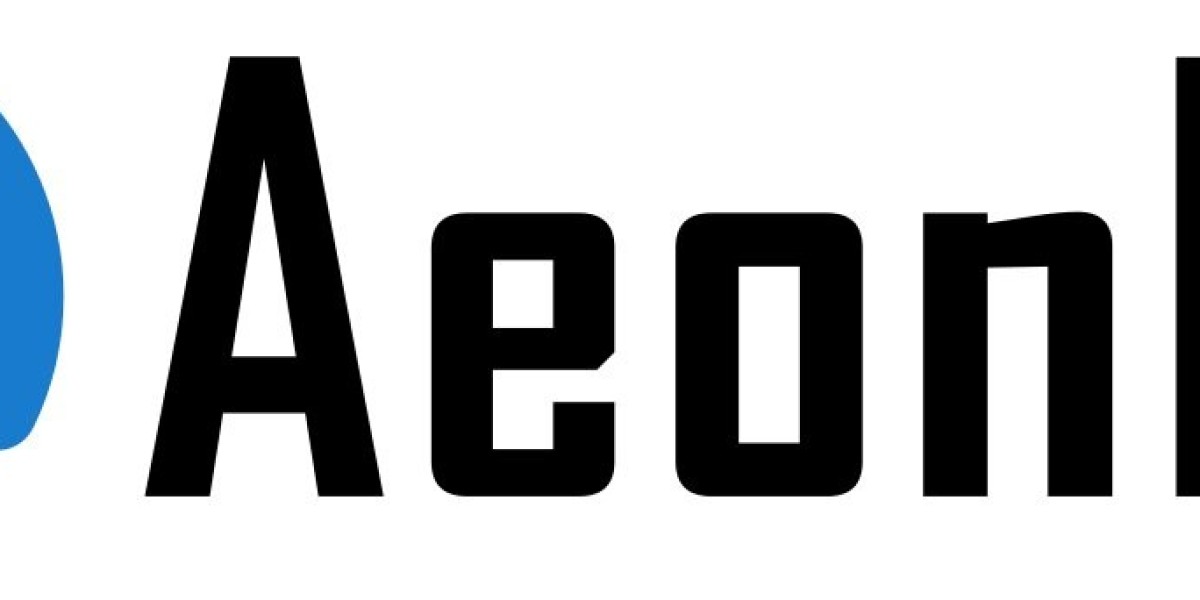Gallbladder health is essential for smooth digestion and overall well-being. When gallstones or other gallbladder issues disrupt your daily life, surgical removal—known as cholecystectomy—often becomes the recommended solution. Selecting the right surgeon for this procedure is a critical step, ensuring not only a safe operation but also a smooth recovery and optimal long-term results.
Understanding Gallbladder Surgery
Gallbladder surgery(جراحة-المرارة-في-الرياض), or cholecystectomy, is performed to remove a diseased or problematic gallbladder. The most common reason for this surgery is the presence of gallstones, which can cause pain, infection, or blockages. There are two main approaches: laparoscopic (minimally invasive) and open surgery. Laparoscopic surgery is preferred for its quicker recovery and smaller incisions, but open surgery may be necessary in complex cases.
When Is Surgery Needed?
Gallbladder surgery is typically recommended for individuals experiencing:
Persistent abdominal pain or discomfort
Recurring gallstone attacks
Complications such as cholecystitis (gallbladder inflammation) or pancreatitis
Gallbladder dysfunction or infection
A thorough evaluation by a qualified surgeon helps determine if surgery is the best course of action.
Why Surgeon Selection Matters
Choosing an experienced and skilled surgeon is crucial for a successful outcome. The right professional can minimize risks, manage complications, and provide comprehensive care from consultation to recovery. This is especially important for those seeking Gallbladder Surgery in Riyadh, where a wide range of medical expertise is available.
Qualifications and Credentials
A top priority in your search should be verifying the surgeon’s qualifications. Look for board certification in general surgery, specialized training in gallbladder procedures, and ongoing education in the latest surgical techniques. These credentials indicate a commitment to maintaining high standards and staying updated with medical advancements.
Experience and Specialization
Experience matters greatly in surgical outcomes. Surgeons who perform gallbladder removal regularly are more adept at anticipating and managing potential complications. Specialization in minimally invasive techniques, such as laparoscopic surgery, also ensures a smoother, less painful recovery.
Hospital Quality and Team
The quality of the hospital and the surgical team supporting your surgeon play a significant role in your overall experience. High-performing hospitals with excellent gastrointestinal care records provide safer environments and better patient outcomes. Always consider where your surgeon practices and the reputation of the facility.
How to Find the Right Surgeon in Riyadh
Seek Recommendations and Referrals
Start your search by asking trusted healthcare providers, friends, or family for recommendations. Referrals from your primary physician or other specialists can point you toward reputable surgeons with proven track records.
Research Surgeon Backgrounds
Take time to investigate the credentials, experience, and reputation of potential surgeons. Look for:
Board certification in general or gastrointestinal surgery
Regular performance of gallbladder surgeries
Positive patient reviews and testimonials
No history of malpractice or disciplinary actions
Evaluate Communication and Comfort
A surgeon’s expertise is vital, but so is your comfort with them. During consultations, assess whether the surgeon listens to your concerns, answers your questions clearly, and respects your preferences. Good communication fosters trust and eases anxiety before and after surgery.
Ask the Right Questions
Prepare a list of questions for your consultation, such as:
How many gallbladder surgeries have you performed?
What are your complication rates?
Which surgical techniques do you use?
How do you handle unexpected issues during surgery?
What is the expected recovery process?
Their answers will help you gauge their experience and approach to patient care.
The Surgical Process: What to Expect
Preoperative Assessment
Before surgery, you’ll undergo a thorough evaluation, including blood tests, imaging, and a review of your medical history. This ensures you’re a suitable candidate and helps plan the safest approach.
The Procedure
Most Gallbladder Surgery in Riyadh is performed laparoscopically, involving several small incisions and a camera-guided removal of the gallbladder. This technique reduces pain, scarring, and recovery time compared to open surgery.
Recovery and Aftercare
Post-surgery, patients typically experience a brief hospital stay, followed by a gradual return to normal activities. Full recovery is usually swift, especially with minimally invasive methods. Your surgeon will provide detailed aftercare instructions to promote healing and prevent complications.
Benefits of Choosing the Right Surgeon
Selecting a skilled surgeon for Gallbladder Surgery in Riyadh offers numerous advantages:
Reduced risk of complications during and after surgery
Shorter hospital stays and faster recovery
Advanced surgical techniques for less pain and scarring
Personalized care tailored to your health needs
Greater peace of mind and confidence in your treatment plan
Key Qualities to Look for in a Surgeon
Board Certification
Ensure your surgeon is certified by recognized boards in general or gastrointestinal surgery. Certification reflects rigorous training and adherence to high standards.
Proven Track Record
Look for surgeons with extensive experience in gallbladder procedures. Regular practice leads to better outcomes and fewer complications.
Commitment to Patient Education
A great surgeon takes time to explain the procedure, risks, benefits, and recovery process. They empower you to make informed decisions about your health.
Supportive Hospital Environment
The hospital’s reputation, safety protocols, and support staff all contribute to a positive surgical experience. Choose facilities known for excellence in gastrointestinal care.
Common Surgical Techniques
Laparoscopic Cholecystectomy
This minimally invasive approach uses small incisions and specialized instruments, guided by a camera. It offers quicker recovery, less pain, and minimal scarring, making it the preferred method for most patients.
Open Cholecystectomy
In complex cases, such as severe inflammation or prior abdominal surgeries, an open approach may be necessary. This involves a larger incision and a longer recovery period but is sometimes the safest option.
Preparing for Surgery
Lifestyle Adjustments
Leading up to surgery, your surgeon may advise dietary changes, medication adjustments, and cessation of certain habits like smoking. These steps help optimize your health for a successful procedure.
Emotional Preparation
It’s natural to feel anxious before surgery. Open communication with your surgeon and support from loved ones can ease concerns and ensure you’re mentally prepared.
Understanding Risks and Recovery
Every surgery carries risks, including infection, bleeding, or bile duct injury. However, choosing an experienced surgeon and following pre- and post-operative instructions greatly reduces these risks.
Aftercare and Recovery Tips
Follow your surgeon’s dietary recommendations
Gradually resume physical activity as advised
Watch for signs of infection or complications
Attend all follow-up appointments for monitoring and support
A smooth recovery is a team effort between you and your healthcare providers.
Patient Experiences: What to Expect
Many patients report significant relief from symptoms and improved quality of life after gallbladder surgery. A positive relationship with your surgeon and clear expectations contribute to a successful journey from diagnosis to recovery.
Final Thoughts
Choosing the right surgeon for Gallbladder Surgery in Riyadh is a decision that impacts your health, comfort, and peace of mind. By focusing on qualifications, experience, communication, and hospital quality, you can confidently select a professional who will guide you through every step of your surgical journey. Prioritize your well-being by making an informed choice and partnering with a surgeon dedicated to your best outcome.
FAQs
Q1: How do I know if I need gallbladder surgery?
If you experience persistent abdominal pain, frequent gallstone attacks, or complications like infection, your doctor may recommend gallbladder surgery after a thorough evaluation.
Q2: What is the difference between laparoscopic and open gallbladder surgery?
Laparoscopic surgery uses small incisions and a camera for a minimally invasive approach, leading to quicker recovery. Open surgery involves a larger incision and is reserved for more complex cases.
Q3: How do I choose the best surgeon for gallbladder surgery in Riyadh?
Look for board certification, extensive experience with gallbladder procedures, positive patient reviews, and a supportive hospital environment.
Q4: What should I expect during recovery after gallbladder surgery?
Most patients recover quickly after laparoscopic surgery, resuming normal activities within days. Follow your surgeon’s guidance for diet, activity, and follow-up care to ensure a smooth recovery.
Q5: Are there risks associated with gallbladder surgery?
All surgeries carry some risk, including infection, bleeding, or bile duct injury. Choosing an experienced surgeon and following all pre- and post-operative instructions helps minimize these risks.







